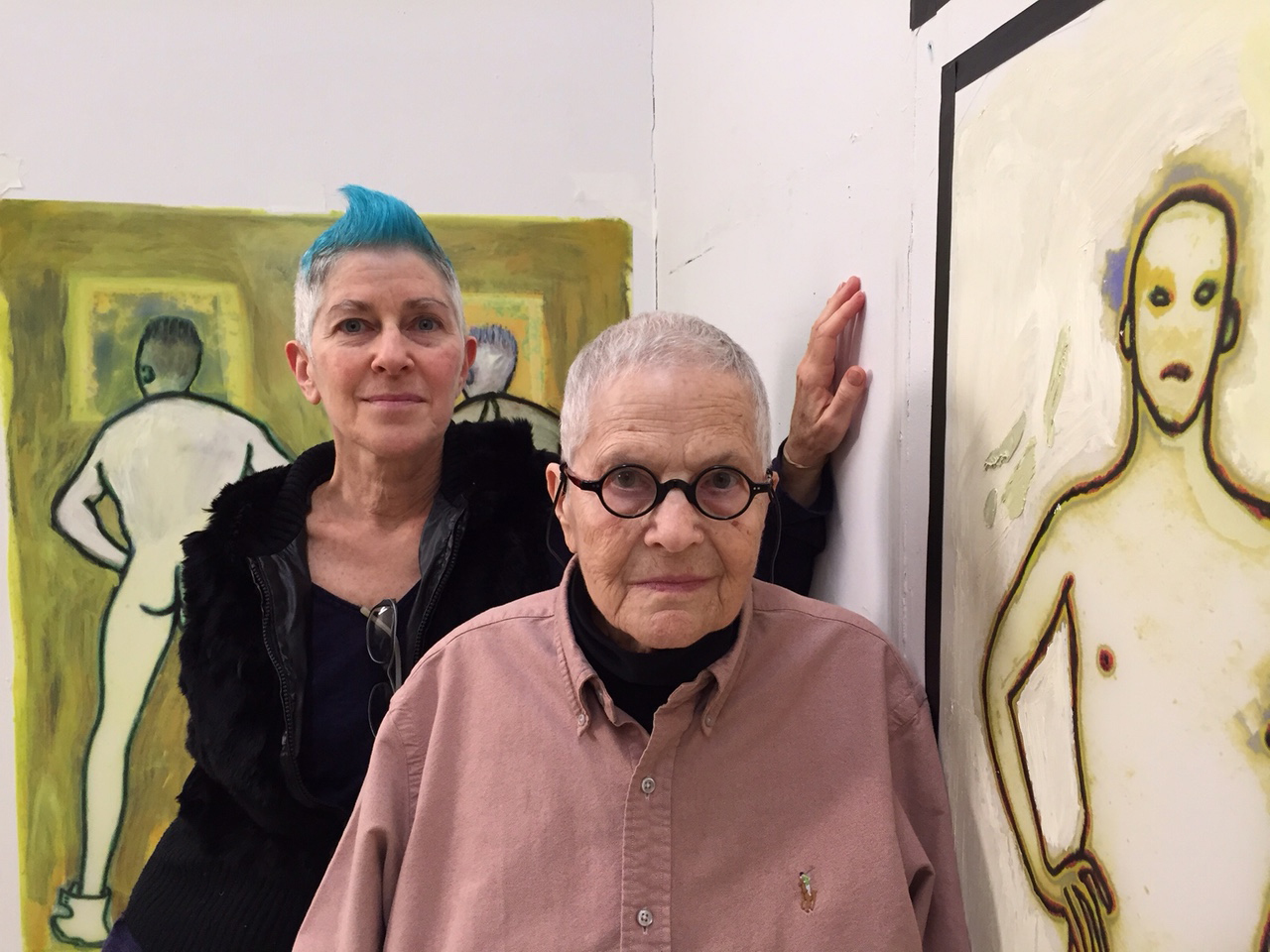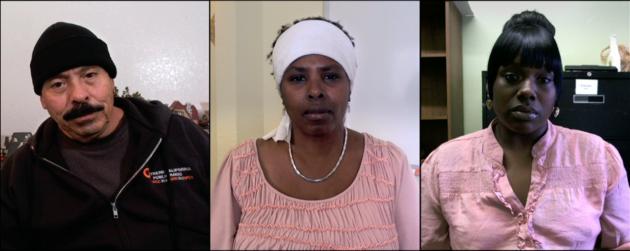
What Two Frank New Documentaries Tell You About Women’s Lives
Two mature Jewish women artists premiered their latest and deepest plumbing of private lives at the Museum of Modern Art’s Doc Fortnight 2016: An International Festival of Nonfiction Film in NYC in February. Always intriguing, the 15th annual series showcases recent documentary films from around the world that, per the curatorial selection committee, push the boundaries “between contemporary art and nonfiction practices and reflect on new areas of documentary filmmaking.” Natalie Bookchin’s “Long Story Short” and Beth B’s bio-doc of her mother Ida, “Call Her Applebroog,” both attracted large appreciative audiences of family, colleagues, and fans.
Media artist Natalie Bookchin brought “Long Story Short,” a powerful project she had just finished editing after several years of filming—and listening closely to—diverse individuals at eight service organizations on the West Coast, including homeless shelters, food banks, adult literacy programs, and job training centers.

Bookchin gives intimate screen time to over 100 people usually hidden in plain sight—those struggling in poverty. Women, men, old, young, middle-aged, veterans, unemployed, single parent, homeless, ex-con, with HIV, most African-American and Latino (none apparently Jewish) in the Los Angeles and Oakland areas, they all face her laptop’s camera for video blogs. She takes the next, extended step from the brief Story Corps interviews heard on NPR and the captioned photographs of Brandon Stanton’s Humans of New York portraits.
Starting in the midst of the recession and last presidential election, she asked each participant: “What do you think people should know about you?” In their own words, her respondents express their feelings—many of them heartbreaking—on their childhoods and how they got to this difficult point. Encouraged to share what “I usually don’t tell people,” they all stress that “rich people don’t understand” how hard life is without a job, a phone, or an address. Women are especially frustrated that the certifications and degrees they’ve worked hard to achieve neither protect them from being laid off nor help them get any higher up the ladder. But they are proud of “being creative” with whatever they can afford, like improvising curtains in a shelter.



